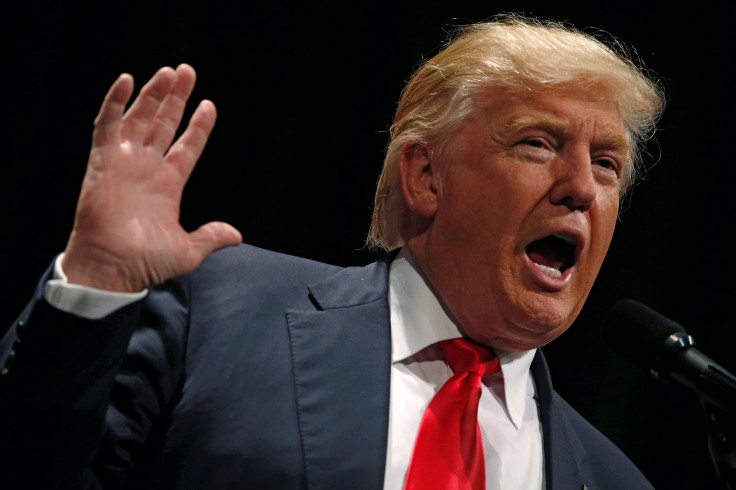Donald Trump's Border Wall Plan: How Other Countries Keep Out Immigrants

To Donald Trump's critics, no policy better exemplifies the GOP nominee's unrealistic perspective on governance than his plan to build a wall on the U.S.-Mexico border and have Mexico pay for the construction.
But if Trump were elected and followed through on his proposal, he would not be the first world leader to call for a physical barrier to curb immigration or increase security on an international border. Around the world, many countries have built barriers across points of sustained military tension or illegal immigration hot spots.
"I would build a great wall, and nobody builds walls better than me, believe me, and I’ll build them very inexpensively," Trump said at the start of his campaign in June 2015. "I will build a great, great wall on our southern border. And I will have Mexico pay for that wall."
While Trump's ability to build a nearly 2,000-mile wall remain questionable, here are a few other countries who have tried similar barriers:
Israel
Israel's relationship with the Palestinian territories in the West Bank has always been tense due to clashes between Israel and the Hamas military group residing in Palestine. Since the early 2000's, Israel has been building a more than 420-mile-long wall that separates the country from the West Bank. It is 5-8 meters tall and built with a combination of concrete and wire. Israelis argue that the wall has decreased the number of terrorist attacks on Israeli soil by Hamas, but Palestinians maintain that the fence is a show of force from Israel, which has controversially built additional Jewish settlements in the West Bank over the past decade, encroaching on Palestinian territory.
The fence has been controversial international as well, sparking United Nations resolutions and legal cases at the International Court of Justice, as well as confrontations between Palestinians and the Israeli security forces.
India-Pakistan
India and Pakistan have long feuded over the coveted Kashmir region in the northern part of India and the Southern part of Pakistan. Currently, the area, which both countries claim, is divided by the "Line of Control." The border separates the Indian states of Jammu and Kashmir from Pakistan's Azad Kashmir and is protected by a border fence, built by India, 150 yards inside the Indian-controlled territory. With both of the countries possessing nuclear capabilities, the border is often referred to as one of the most dangerous places in the world.
North Korea-South Korea
The U.S. military is actively involved in this border wall. At the conclusion of the Korean War in 1953, a demilitarized zone was established between North and South Korea and still exits. A barbed-wire fence was set up to protect that 150-mile-long, 2.5-mile-wide stretch of land. Several U.S. military personnel, as well as soldiers from North and South Korea monitor the barrier 24/7 and several people have been killed trying to illegally cross the border.
Europe
Many countries in Europe have built barbed-wire fences, ditches, and other barriers that are supposed to prevent Middle Eastern and North African refugees from fleeing into their countries. Tens of thousands of people have poured into Germany, Italy, Spain and other countries in the past decade to escape violence and unrest back home, especially as a result of the Syrian Civil War. According to The Economist, Europe is on pace to have more physical barriers on its national borders than it did during the Cold War.
U.S.-Mexico Border
This might come as a surprise to Trump, but there is already a fence on the U.S.-Mexico border. In 2006, President George W. Bush ordered the construction of multiple sections of border fence along the border to halt the flow of illegal immigrants into the U.S. from Mexico — the fence was built in parts because the Rio Grande river and other natural obstacles makes a singular wall impractical. President Obama paused the construction of the fence in 2010 to refocus funds towards researching and upgrading border technology.
© Copyright IBTimes 2024. All rights reserved.






















